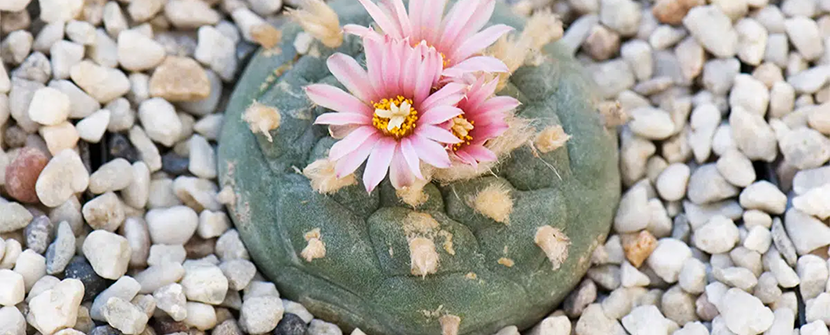Mescaline is a psychoactive substance that is naturally found in certain cacti, most notably the Peyote cactus. It has been used for centuries by indigenous communities in North and South America for spiritual and medicinal purposes. More recently, mescaline has been investigated as a potential therapeutic tool for a range of psychological and emotional disorders.
Mental health
Mescaline has been shown to have significant therapeutic effects on a variety of mental health conditions, including depression, anxiety, and addiction. It is believed to work by altering brain chemistry in ways that promote feelings of well-being and reduce negative emotions.
Personal growth
One of the key benefits of mescaline is its ability to produce powerful mystical experiences. These experiences have been linked to improvements in mood and overall quality of life. They can also provide a sense of clarity and insight that can be transformative for individuals struggling with difficult emotional issues.
Addiction
Mescaline has also been shown to have potential benefits for individuals suffering from addiction. Studies have found that mescaline can help reduce cravings and improve mood in individuals struggling with substance abuse disorders. Additionally, it has been shown to help individuals gain a new perspective on their addictive behaviors, which can be an important step in the recovery process.
Physical health
In addition to its mental health benefits, mescaline has also been shown to have potential physical health benefits, for example anti-inflammatory properties which can help reduce the risk of certain chronic diseases. Additionally, it has been shown to have neuroprotective effects, which may help protect against age-related cognitive decline.
Mescaline can have powerful psychoactive effects and can be potentially dangerous if used improperly. However, when used in a controlled and supervised setting, mescaline has the potential to be a transformative tool for healing and personal growth.


